From January this year, China officially banned 24 different types of "foreign waste" imports.
Australia, the world`s second-largest producer of waste, produces an average of 1.1 tons of garbage per year, equivalent to 3.4 kilograms per day. The waste includes extremely difficult plastic and electronic waste. Most of the rubbish was once shipped to China.
Australia is at the brunt of the waste disposal crisis after losing the trash scapegoat.
New factory, new hope.
Recently, entrepreneur Harry Wang spent A $16 million to build a new type of waste treatment plant in northern Melbourne, called Advanced Circular Polymers..
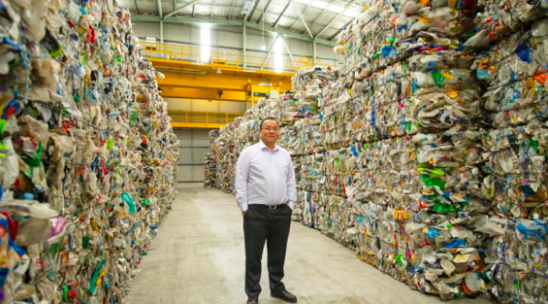
The plant expects to recycle 72,000 tons of plastic waste a year, most of which will eventually be made into thin plastic sheets for businesses to make food packing boxes and beverage bottles.
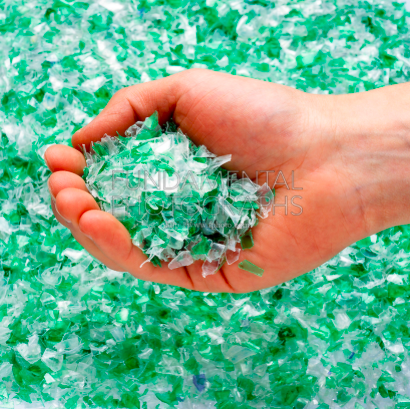
Mr. Wang says he has a way to ease Australia`s current waste recycling crisis.
This is no doubt good news!
Previously, Australia shipped most of its waste to China, after domestic recyclers separated plastic from glass, metal and cardboard, then processed it into plastic slices to make containers and then exported them back to Australia.
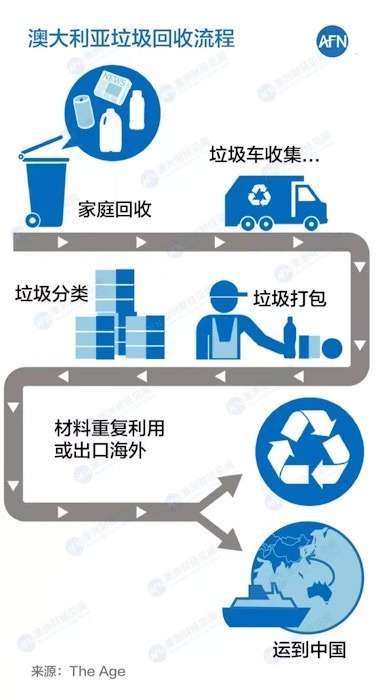
Since China stopped importing garbage in an effort to improve the environment, Mr. Wang has seen huge business opportunities:
"I studied the global market and found that there was a high demand for high-quality plastic sheets."
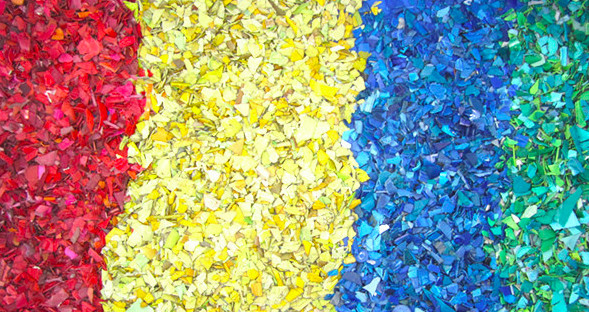
Mr. Wang`s plant will use infrared radiation, air sorting, robotic arms and other artificial intelligence methods to clean and classify recycled plastic waste before melting into plastic sheets.
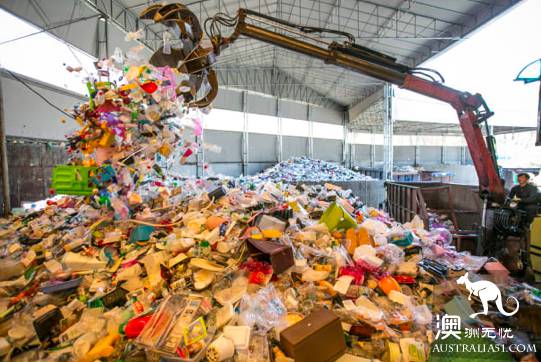
The chips will be sold to Visy,Moss Wood, a Malaysian buyer and a beauty agency that converts plastic slices into food and beverage packaging, office supplies and polyester yarn.
Another bright spot in Mr. Wang`s factory is the use of renewable sources of energy, such as rooftop solar panels. This not only reduces spending on electricity, but also reduces carbon emissions.
"I strongly support environmental protection, and I firmly believe that reducing greenhouse gas emissions and investing in renewable energy can benefit future generations."
At present, the plant is in the late construction stage, according to Mr. Wang, next February will be put into production for the first time.
The Road to refuse Recycling in Australia
After China refused to accept garbage, Australia first asked China for "immunity," to see if there could be a "negotiation", such as giving a temporary delay.
It turned out to be a ruthless rejection.
Over the past year, the Australian government has gone through numerous discussions and practices on the issue of garbage disposal:
For example, building new waste incinerators and developing temporary hoarding sites.
It is reported that Australia currently has about 1.3 million tons of waste reserves in the country`s landfills and transfer stations.
So much garbage needs to be dealt with, costs are soaring, and city fees are rising. In Victoria alone, city fees rose by 5%.
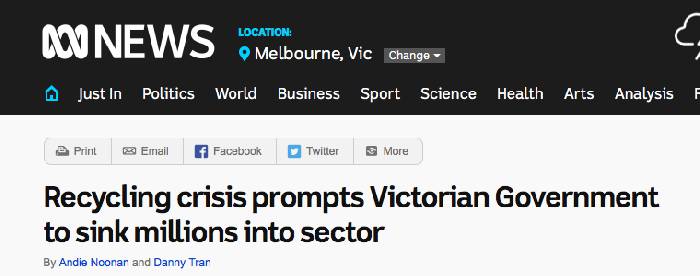
In other words, we have done the garbage classification, comply with all the waste treatment regulations, the pockets of money or less!
Garbage piled up in mountains can also become a fire hazard.
In April, a major fire broke out at a refuse transfer station in Wantirna South, Melbourne, with more than 30 fire engines and more than 100 firefighters.
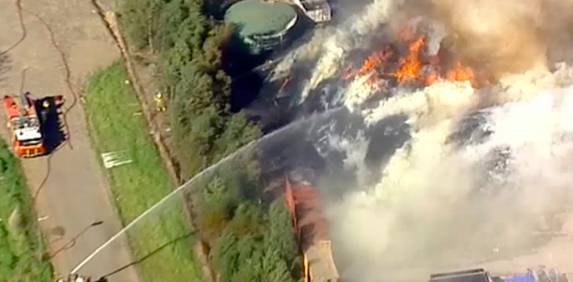
However, the research and development of waste recycling is not for nothing.
Experts have suggested turning plastic waste into a new road additive.
A 300m road in Melbourne`s northern suburb of Craigieburn was the first to use the additive: it was made of five hundred and thirty thousand plastic bags, more than 12000 recycled ink cartridges and 168000 glass bottles.
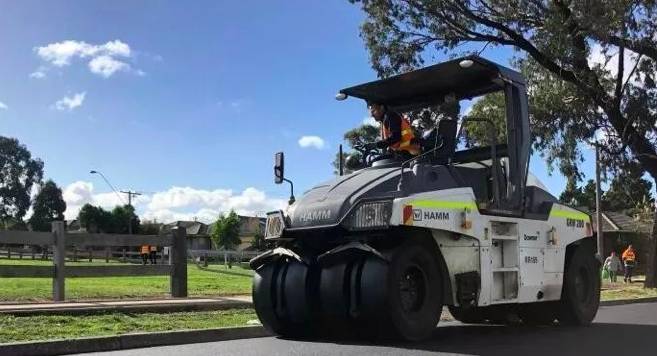
Experts also said the road is expected to have a life expectancy of 65 percent higher than normal roads and can better handle heavy-duty vehicles. Anti-deformation, high temperature resistance, very suitable for the hot summer in Australia.
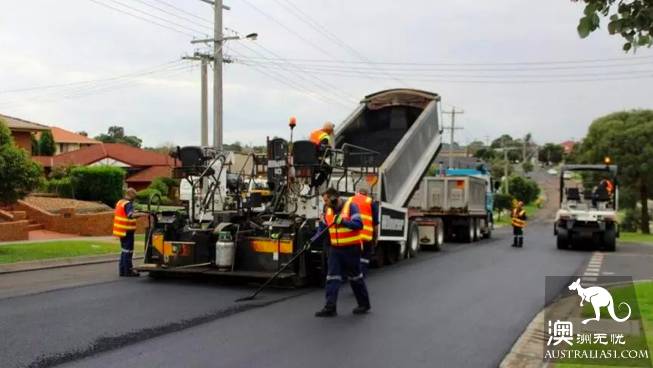
"turning waste into treasure" is a good way, but if government is to be implemented in the long run, it will require a lot of money and, accordingly, Australians will feel the increase in spending.
Australia`s garbage collection road is still a long way, I hope Mr. Wang`s factory will bring hope to this road!

